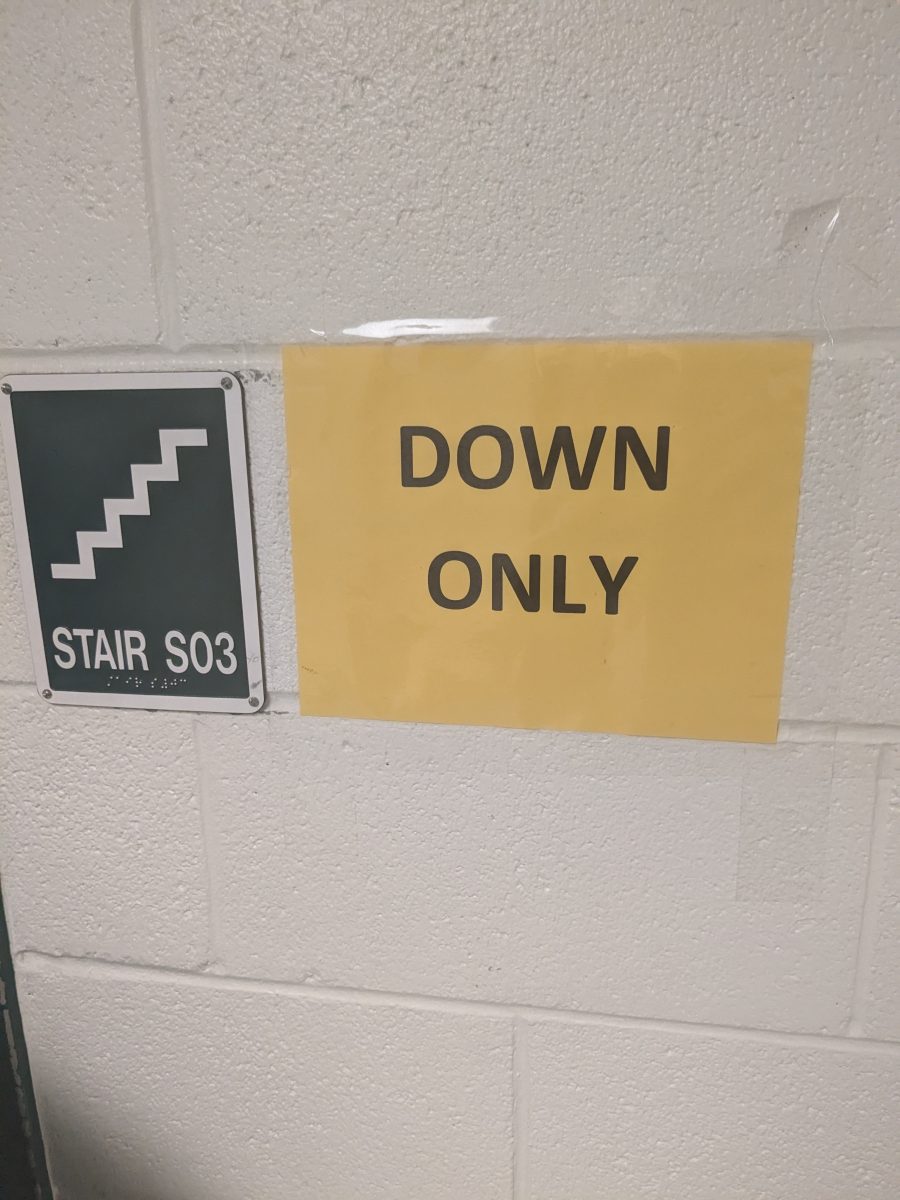
Point:
Geetanjali Raju
It’s the day of the Unit Test. You walk into class, confident. In your hand, you hold the apparent key to your success, a little note-card that you meticulously designed, outlining all the necessary information. In reality, your own hard work and preparation dictate your achievement.
School is supposed to prepare students for the future, uplifting them academically, socially and emotionally. It is not meant to be a constant source of stress and anxiety. However, this is far from true, due to the excessive testing many students at WJ face, often at very high risk, determining their grade. With minimal time to prepare for tests, students often find themselves staying up all night cramming, practicing relentless repetition. This only deteriorates students’ physical and mental health.
Open note tests alleviate these negative effects, while increasing learning. Instead of “desperately cramming” and trying to memorize every little detail last minute, students are encouraged to revisit and organize their materials, research and notetake. This often leads to a greater understanding of the topic and its broader concepts. Furthermore, open note tests are more in line with real life experiences, where problem solving, research skills and decision making is priority, not memorization. These skills are also key to success in higher education, effectively preparing students for their futures.
Critics of open note tests claim that the method will inflate test scores and not accurately reflect true progress. However, according to the Journal of the Association of American Medical Colleges, the difference between average grades of open-note versus closed-note exams are negligible. While open note testing may not magically raise grades, it does uplift the student themselves, giving them confidence and clarity.
Another fear is that these tests are not reflective of AP Exams and other important closed-book testing. Granted, not all subjects are compatible with this method and it may take a while to adopt across higher education. Still, considering the number of prestigious universities that have already incorporated open note tests, or use the method in conjunction with traditional exams, papers and other projects, and the widely applicable skills that are honed by this method, students will have more practice with effective study skills, allowing them to excel on even closed-book testing.
As a society that is becoming increasingly aware about mental health issues, we must re-evaluate the way we determine academic success. Are we really going to see a student perform to the best of their ability, if they are ravaged with anxiety, nerves and momentary forgetfulness?
According to the National Institutes of Health, test anxiety affects around 25-40% of the population, having pervasive and detrimental effects on the academic experiences of youth, especially those from racial minorities and women. The Stereotype Threat, which refers to the psychological phenomena where an individual feels at risk of confirming a negative stereotype about a group they identify with, often contributes to achievement gaps in academics because of the added pressure the individual faces. This is intensified by closed note tests.
High school often shapes an individual for the future, highlighting their strengths and weaknesses. Low test scores may leave a bright and capable student dejected, negatively impacting the trajectory of their life. Especially in a school that prides itself for its academic achievements, test performance bleeds into every aspect of life, from socialization, participation in extracurriculars, to emotional health. In order to improve inclusivity and give people from all backgrounds a chance to succeed, open note tests are a sure way to decrease pressure and fear, reducing this achievement-gap in our education system.
Counterpoint:
Guilherme Bonzi
There’s no better thing than having a teacher announcing an open note test. Everybody knows that open note tests are an easy pass, so you can put it off until the day-of and then copy someone else’s or the teacher’s posted notes. But is that process really beneficial to student learning?
School is meant to not only teach students specific information such as history, but also to teach them skills, such as studying and research. When students are not exercising their brains to study, they lose grasp of specific skills that they’ll need in the future. For example, open note tests would not prepare students for AP classes where the College Board requires that they take a closed note exam at the end of the year.
Open note tests can also slow students down because they have to read their information instead of quickly accessing it from their brains, also not providing good preparation for their future closed note exams. Furthermore, in university, students are not always given the privilege of an open note test and if they do not learn important study skills in high school they will not perform in their future academic endeavors.
However, students don’t only lose out on their ability to study when open note tests are regular in their classes. Oftentimes when open note tests are offered, students are more inclined to write down concepts so that they can easily access them during assessments rather than actually take time to understand them like how they would in preparation for a closed note assessment. Because they feel that they can access information elsewhere, they do not actually absorb the information into their brains but instead rely on their notes to inform them.
Although school test schedules can often be stressful, sometimes they are necessary in order for students to be able to learn to manage their time. Switching to open note testing is a temporary, band-aid solution that doesn’t acknowledge the fact that if students can’t manage their time to study for a normal test, they will probably lack the study skills to perform well on an open note test.
Some may argue that open note tests force students to take notes, but if students knew good study skills and were determined to succeed, they would be taking notes anyways. A solution to this would be either to take initiative and teach students better study skills or to simply reduce the course load or have teachers organize their weeks plans in order to make sure that students do not have multiple assessments on the same day, overwhelming them.
If students wanted education more in-line with “real world” education, another solution would be to encourage teachers to offer more of other types of learning assessments such as presentations, group work, discussions and projects. However, fundamentally changing quizzes as an assessment defeats their entire purpose.




















